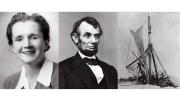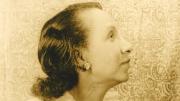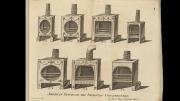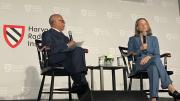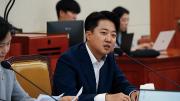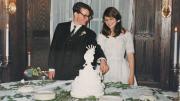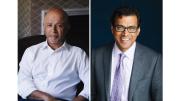During a Twitter administration, it can astonish to be reminded that “Early in his presidency…Lincoln discovered the power of mastering his emotions in a specific situation carefully enough to take no immediate action or, in some instances, to do nothing at all.” So observes Robison professor of business administration Nancy F. Koehn, who draws her lessons on leadership from history, giving them a realistic gravity that theory or contemporary observation often lack. Forged in Crisis: The Power of Courageous Leadership in Turbulent Times (Scribner, $35) tells the stories of five leaders who came to their roles “in the midst of a profound personal crisis.” Three of them, in outline, from the introduction:
Picture in your mind three snapshots from the past. The first is from late 1915. Ernest Shackleton, an explorer from Great Britain, and his 27 men are trapped on an iceberg off the coast of Antarctica. Their ship, the Endurance, has gone down through the ice, and he and his crew members are marooned a thousand miles from civilization with three lifeboats, canned food, and no means of communicating….Shackleton’s mission is somehow…to bring his entire team home safely. But he doesn’t know how he will do this. At night, when he can’t sleep, he slips outside his tent and paces the ice….Sometimes, he doubts his ability to do what he knows he must.
The second snapshot is from the summer of 1862. Abraham Lincoln…is also uncertain about how he will accomplish his purpose: to save the Union in the midst of a civil war. He, too, has trouble sleeping and often spends the hours after midnight walking up and down the second-floor hall of the White House. The conflict is going badly for government armies and is proving much bloodier than anyone could have imagined. The commander in chief knows that slavery is at the heart of the contest. But he’s unsure exactly what to do about the almost four million black Americans held in bondage. He’s also living with intense personal grief following the death of his son Willie four months earlier. In certain moments, Lincoln staggers under the weight he carries.
The third image is from the winter of 1961. It’s late at night, and Rachel Carson, a scientist and bestselling author, is alone in her study, trying to finish a manuscript titled “Silent Spring,” about the dangers of widespread pesticide use. Her subject is controversial, and she knows that large chemical companies, the U.S. Department of Agriculture, and other powerful institutions are poised to make war on her and the book as soon as it’s published. Despite the threat, Carson believes deeply in the work’s integrity and larger message: that humankind has an obligation to protect the earth and that this obligation involves a sweeping call to citizen awareness and action. She writes as carefully as she can, her work given urgency not only by the importance of her subject, but also by her medical situation. For more than a year, she has been battling aggressive, metastasizing cancer.…[I]n certain moments, she doubts she can actually complete her book and say what must be said. When her anxiety rises, the author walks around the room, staring out into the darkness.
